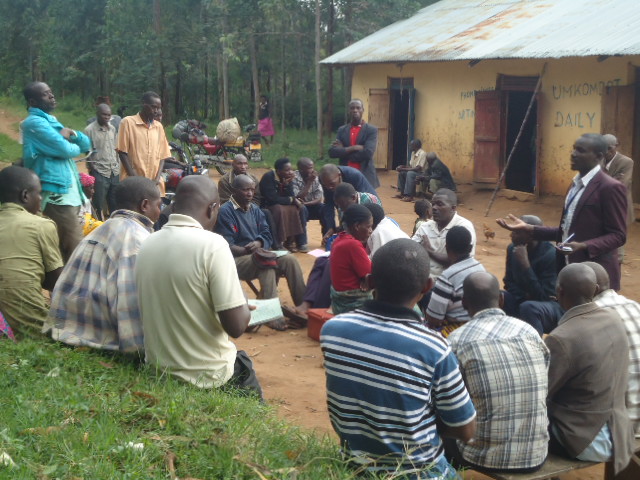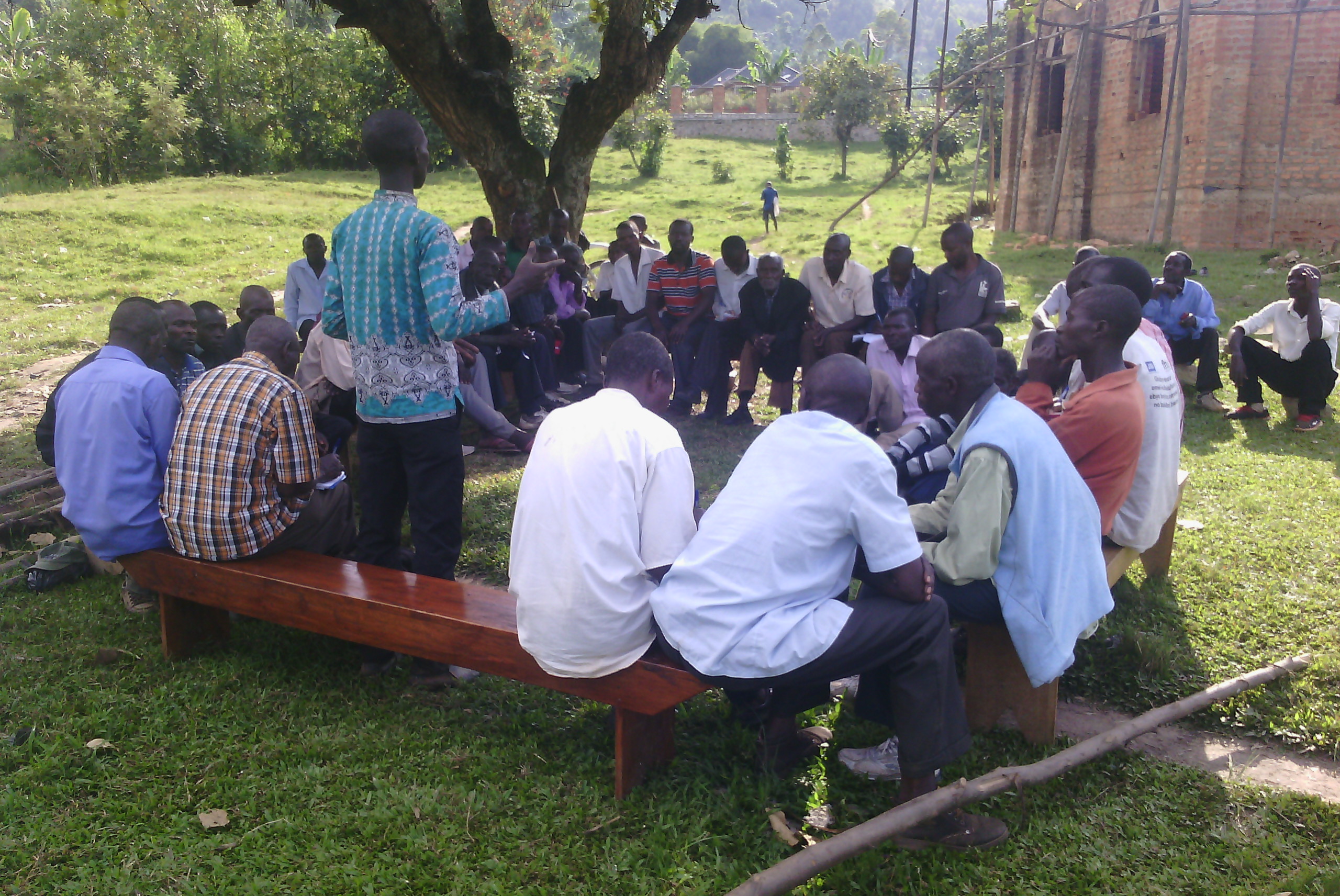


Tree Academy Groups (TAGs) are grassroot community led groups of people, formed at parish level under the Village Savings and Loan Association (VSLA) model, championing conservation.
We form these groups to build on social networks to spread support, commitment and changes in social norms and behaviours.
To build local capacity to identify and address community environmental needs.
To strengthen capacity for shifting of power balance so that the community gains a voice in decision making, increased access to information and services while addressing many of the underlying social causes of their vulnerability (discrimination, poverty, low self-esteem and self –efficacy, low social status, violence etc).
To mobilize local and external resources to address the issue and establish coordination and monitoring systems to ensure transparency, accountability, and effective management of these resources.
To motivate communities to advocate for policy changes to respond better to their real needs.
To link communities to ecosystem services, helping to define, improve on, and monitor quality of care from the joint perspectives of community members and service providers, thereby improving availability of, access to, and satisfaction with ecosystem services.
Willingness by community members to organise themselves into groups.
A better political environment and government policies that allow people to form associations and unions.
Access to information, guidance and advice provided by Tree Uganda Academy.
Increasing climate change and the demand by government to engaging everyone in the conservation programs.
1. Programs that carry out all of the community mobilization steps but do not embrace its values and principles will not empower communities to achieve lasting results. They may also run the risk of setting poor precedents that leave communities feeling co-opted, manipulated, and reluctant to work with external organizations in the future.
2. When communities do not develop the skills necessary to leverage their own resources, the problem arises when the external support comes to an end and members refuse to work on their own because future programs cannot or will not meet the established expectations.
3. It is a challenge to develop/adapt and document in a user-friendly way a methodology that any facilitator can pick and use, manuals that serve to provide guidance on how to facilitate each phase of the action cycle.
4. Through their participation in the process, communities establish necessary organizational structures and relationships, and people develop their knowledge, skills, social support networks, and ability to access and manage resources to sustain and improve their lives.